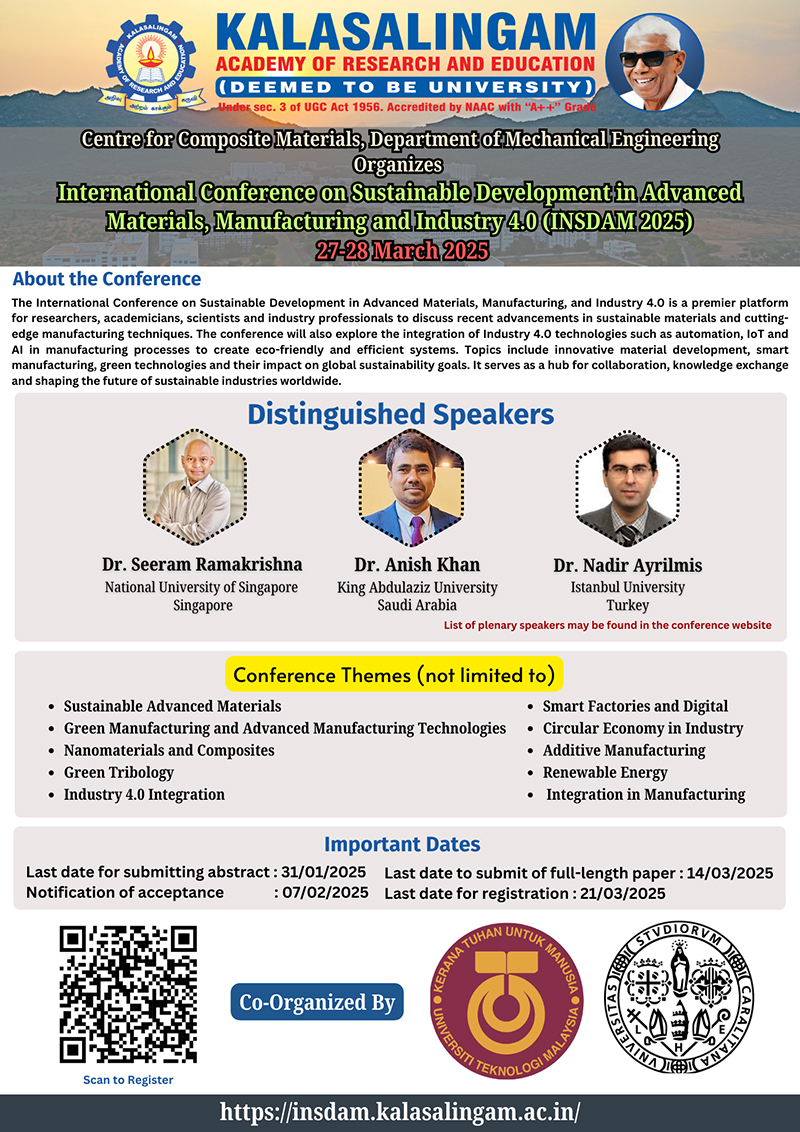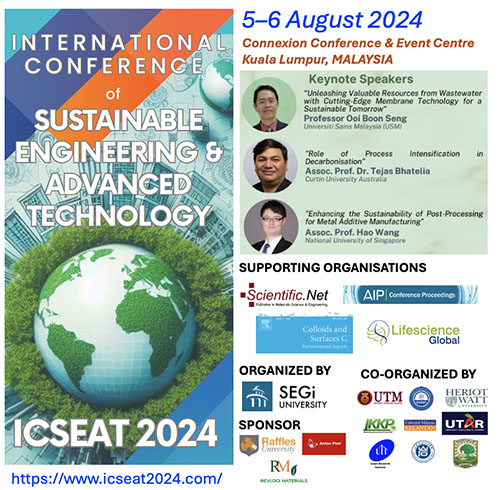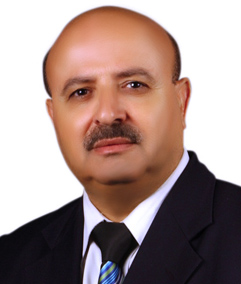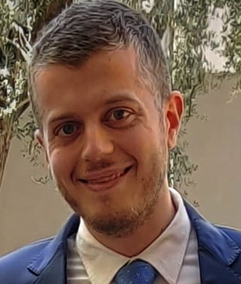JRUPS
Profile - Michael Nase

Expertise
Prof. Dr.-Ing. habil. Michael Nase has held the professorship for "Plastics / Polymer Technology" at the Hof University of Applied Sciences since September 2013. In 2018, Prof. Dr. Nase was appointed head of the Institute for Applied Biopolymer Research (now: Institute for Circular Economy of Bio:Polymers) (ibp), which he co-founded and which he still manages today. His research area ranges from basic research to industrial, highly application-oriented research in the field of polymers. The following topics are among his research focuses:
Industrial R&D:
- Qualification of biopolymers for use in plastics / polymers processing
- Lightweight construction using polymers and building materials from renewable raw material
- Investigation of the recyclability of plastics / polymers
Basic Research:
- Structure-property correlations of biopolymers and natural materials in engineering applications, particularly using concepts of experimental fracture mechanics
- Influence of chemical and physical structure on the flow / rheological properties of polymers, biopolymers and recyclates using common plastics / polymers processing methods
- Identification and utilization of biogenic raw and residual materials
Conferences
Conferences

Conference Link: https://insdam.kalasalingan.ac.in/

Conference Link: https://www.icseat2024.com/
Ideisan Abu-Abdoun-Profile

Ideisan Abu-Abdoun is Professor of chemistry at the University of Sharjah, Sharjah, UAE. He received his PhD in polymer chemistry from Robert Robinson Laboratories, Department of IPI chemistry in 1982 at the University of Liverpool, United Kingdom. He pursued post-doctoral fellowship in polymer photochemistry and polymer synthesis and characterization at Bowling Green State University, OHIO, USA, and Liverpool University, Liverpool UK. He has previously taught at King Fahd University of Petroleum and Minerals in Saudi Arabia, Aal-Albyat University, Jordan.
Research Interest
Polymerization reactions and mechanisms Monomers and polymer Synthesis, characterization and application Synthesis and utilization of different initiating systems Polymer photochemistry Catalysts and catalysis Green chemistry, and clean processing. Application of new technology in Chemistry Education.
Francesco Arcadio - Profile

Francesco Arcadio was born in Italy, in 1991. He received the master’s degree in electronic engineering and the Ph.D. degree in Industrial and Information Engineering from the University of Campania “Luigi Vanvitelli”, Aversa, Italy, in 2018 and 2021, respectively. He is a Postdoctoral Researcher with the University of Campania “Luigi Vanvitelli” from 2021 to the current date. His current research interests include the design and fabrication of optical sensors, optical fiber sensors, chemical sensor and biosensors. He is the author of around 80 international journal and conference papers and 3 patents.
He is also a Co-Founder of the spin-off company “MoReSense srl”, Milan, Italy.
Altaf Halim - Profile
Innovative technologies for green valorization of lignocellulosic wastes for minimizing the environmental risks from their products or disposing, Cleaner synthesizing and application of organic and inorganic nanoparticle in production of valuable cellulose-products e.g., bioactive materials (as anti-biological and anti-caner compounds), cellulose nanoparticle-based novel products (remote control and precise stimulation under suitable photoactive factors, and self-cleaning based on ability to conversion light to heat).
Moreover, enhancing the environmentally friendly of lignocellulosic products via promoting and minimizing the toxicity of emitting gasses from artificial wood, Radiation shielding material, Ion exchanges, hydrogels for water treatment, RO-membrane for desalination of salted water. The investigated techniques are complying the demands of our industries both economical beside environmentally friendly products, which promotes the market competition.

